Business
Pandemic delivers first crisis lessons to Southeast Asia’s Grab

SINGAPORE (Reuters) – In the early weeks of the coronavirus outbreak, Anthony Tan, the CEO of Southeast Asia’s biggest ride-hailing firm, recalls how he mistook the infection to be a China-only problem, similar to the Severe Acute Respiratory Syndrome in 2003.
As COVID-19 turned into a pandemic, sending markets into a tailspin, the 38-year-old sought advice from titans among his investors including Softbank’s Masayoshi Son and Microsoft’s Satya Nadella.
The message was clear. No one knew how long the crisis would last or how deep it would be. Tan, who co-founded Grab in 2012 with fellow Harvard Business School alumni Tan Hooi Lin, learnt he had to set thresholds and make decisive moves, even if they were unpopular.
“There’s no more debate, it’s just execution,” he said.
In June, the Singapore-based company laid off around 360 employees, just under 5% of its headcount, after slashing discretionary spending.
“I remember tears couldn’t stop rolling down my face. I don’t ever want to go through it again,” Tan said in his first interview since the layoffs.
The pandemic is the first crisis for Southeast Asia’s decade-old start-up ecosystem from which Grab has emerged a household name and the most valuable firm at over $14 billion.
Grab says its app has seen a total of 198 million downloads, although it has yet to turn profitable.
Operating in 351 cities across eight Southeast Asian countries, the company garnered global attention in 2018 when Uber (UBER.N) sold its regional business to the startup after a costly five-year battle. In return, Uber got a stake in Grab.
As coronavirus measures put the region of 650 million people under lockdown, Grab saw demand eroding for its transport business, but then nearly 150,000 of its drivers switched to becoming delivery men for home-bound customers.
“Food delivery has become the norm, grocery delivery is growing very fast, cashless payments is growing very fast, so these behaviours have changed permanently with or without a vaccine and we’ve been beneficiaries,” said Tan, who is preparing Grab for a future in which its users will at least partially work from home.
“You couldn’t ask for a better hedge,” Tan said in the living room of his Singapore penthouse, where he often spends 15 hours a day at his standing desk, sometimes exercising with dumbbells.
Delivering financial services
The company, which counts Indonesia as its biggest market and is locked in a fierce competition there with Jakarta-based Gojek, is doubling down on deliveries, with its two-year-old food business overtaking the mature transport division as its biggest segment.
It has had to scale back plans for its travel and hospitality service verticals as consumers stayed at home, but its finance business has been boosted by surging digital payments and small businesses seeking working capital loans. The financial services business includes wealth management, insurance and lending.
Backed by the likes of China’s Didi Chuxing and Japan’s MUFG, Grab was already transforming itself into an universal everyday app but the pandemic accelerated the plans, including providing more services for merchants.
The company, which says it has more than 9 million drivers, merchants and agents, is also awaiting the result of its application for an online banking licence in Singapore.
While the pandemic initially led to short-term thinking in a fight for survival, Tan said working from home for months and consultations with leaders from around the world has made him reflect and think longer term.
By “also just being insane and microscopic about costs”, Grab was now on a faster path to profitability, Tan said, without giving a time-frame.
Jixun Foo, managing partner at GGV Capital and an early backer of Grab, said speed was key.
“In good times, everybody is grabbing market share. When the tide turns, the best companies respond the fastest, they correct the fastest in terms of their business,” he said.
Reporting and photo: Reuters
Business
Feydhoo Hall opens at dusitD2 Feydhoo Maldives as new event space
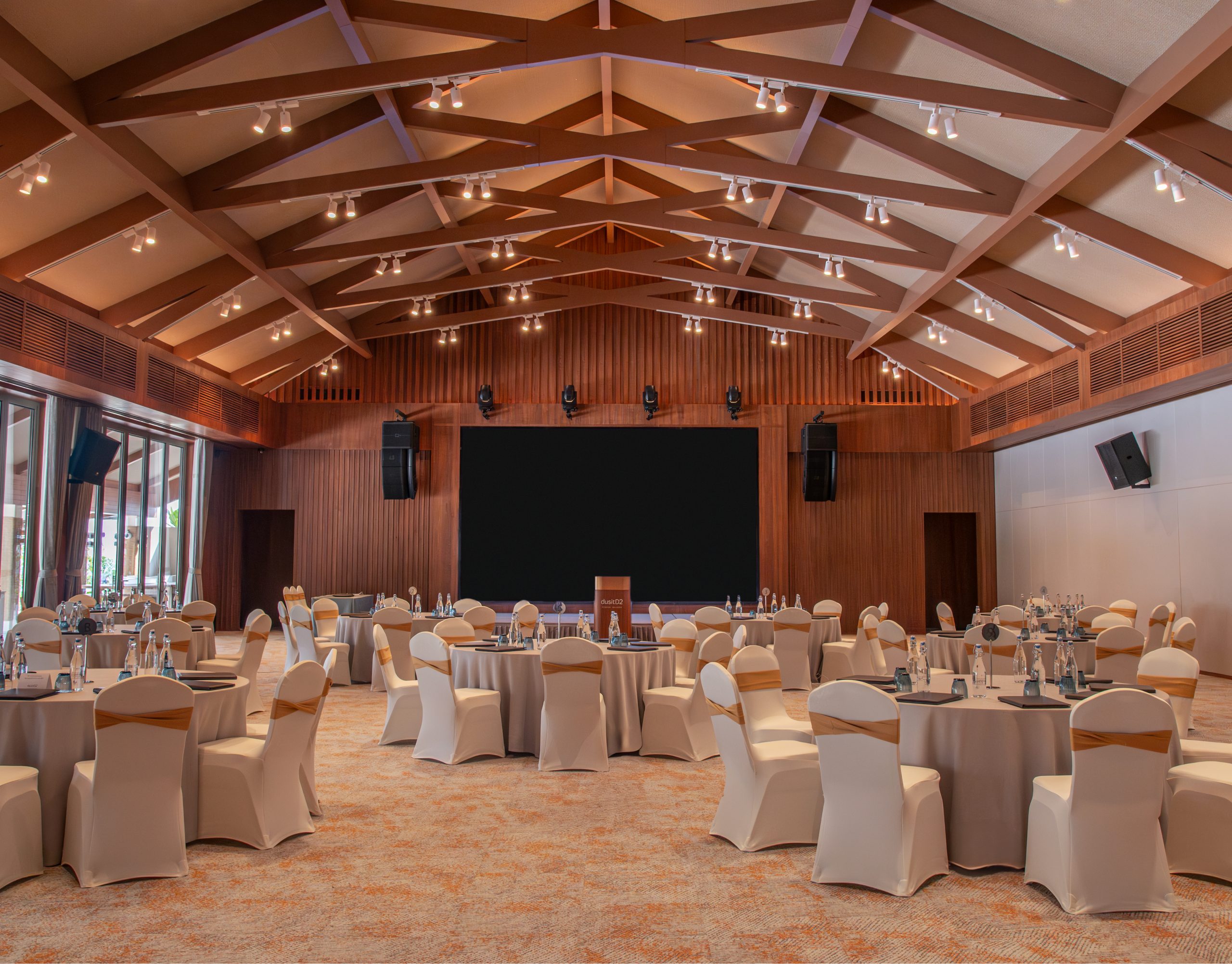
Dusit International, one of Thailand’s leading hotel and property development companies, has announced the opening of Feydhoo Hall, a landmark event venue at dusitD2 Feydhoo Maldives, redefining the possibilities for meetings, celebrations, and destination events in the Maldives.
Designed to bring scale, flexibility, and creativity to island gatherings, Feydhoo Hall represents a bold step forward in positioning the Maldives as a dynamic destination for conferences, weddings, and large-scale social occasions.
Feydhoo Hall offers a versatile event complex designed to accommodate a wide range of gatherings, from corporate meetings and conferences to weddings and social celebrations.
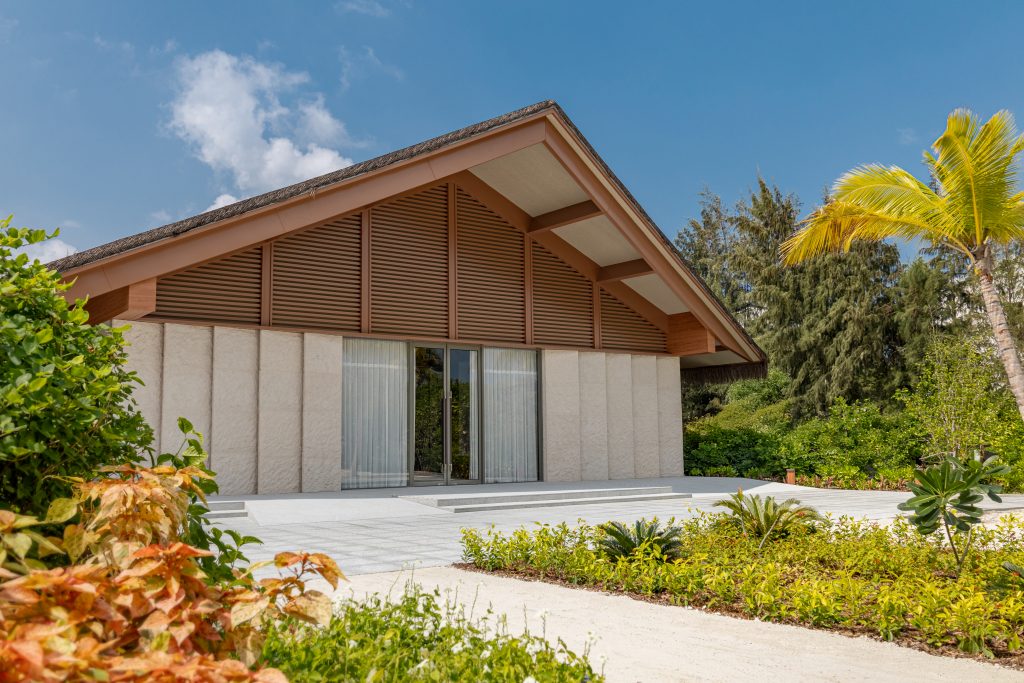
At its core is the 390 sqm Main Hall, capable of hosting:
- Up to 300 guests in theatre-style setup
- Up to 240 guests for dining and banquet-style events
- Up to 200 guests for cocktail-style receptions
- Up to 144 guests in cluster-round configuration
Enhancing the flexibility of the venue are additional dedicated spaces, including:
- A 110 sqm Veranda Terrace, ideal for welcome receptions, breakout sessions, and pre-event gatherings, accommodating up to 100 guests for cocktail-style events.
- A spacious 1,000 sqm Lawn Space, perfect for large-scale outdoor celebrations, destination weddings, and open-air events, accommodating up to 400 guests for cocktail receptions and up to 350 guests for dining setups.
- The 55 sqm Ekugai Meeting Room, designed for smaller meetings and executive sessions, accommodating up to 30 guests in theatre or dining setup and 24 guests in cluster-round format.
Together, these integrated spaces create a seamless indoor-outdoor event experience, allowing planners to design dynamic and personalised event journeys.
True to the dusitD2 brand’s lifestyle-driven philosophy, Feydhoo Hall introduces a fresh approach to meetings and events — where productivity meets creativity in an inspiring island setting.
The venue offers flexible meeting formats designed to suit different event needs, including:
- Half-Day Meeting Package (4 hours) — ideal for focused sessions, executive meetings, and creative workshops.
- Full-Day Meeting Package (8 hours) — designed for immersive conferences, extended workshops, and large-scale corporate gatherings.
These thoughtfully structured packages provide planners with the flexibility to create impactful and seamless experiences, whether hosting intimate strategy sessions or dynamic full-day events.
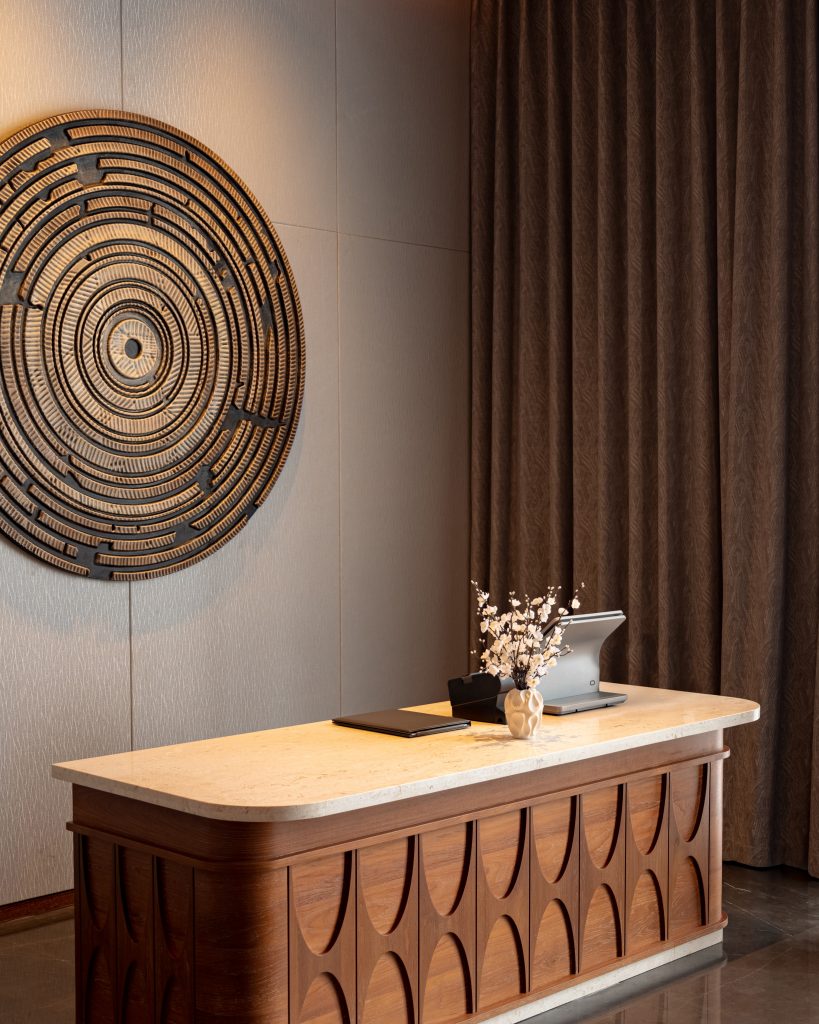
Located just seven minutes by speedboat from Velana International Airport, dusitD2 Feydhoo Maldives combines accessibility with vibrant lifestyle energy, offering event planners and guests a rare balance between convenience and tropical escape.
With the introduction of Feydhoo Hall, the resort strengthens its position as a versatile destination — not only for leisure travellers but also for international conferences, creative retreats, luxury weddings, and large-scale social celebrations seeking something refreshingly different in the Maldives.
Business
BBM expands retail presence with new Hulhumalé outlet
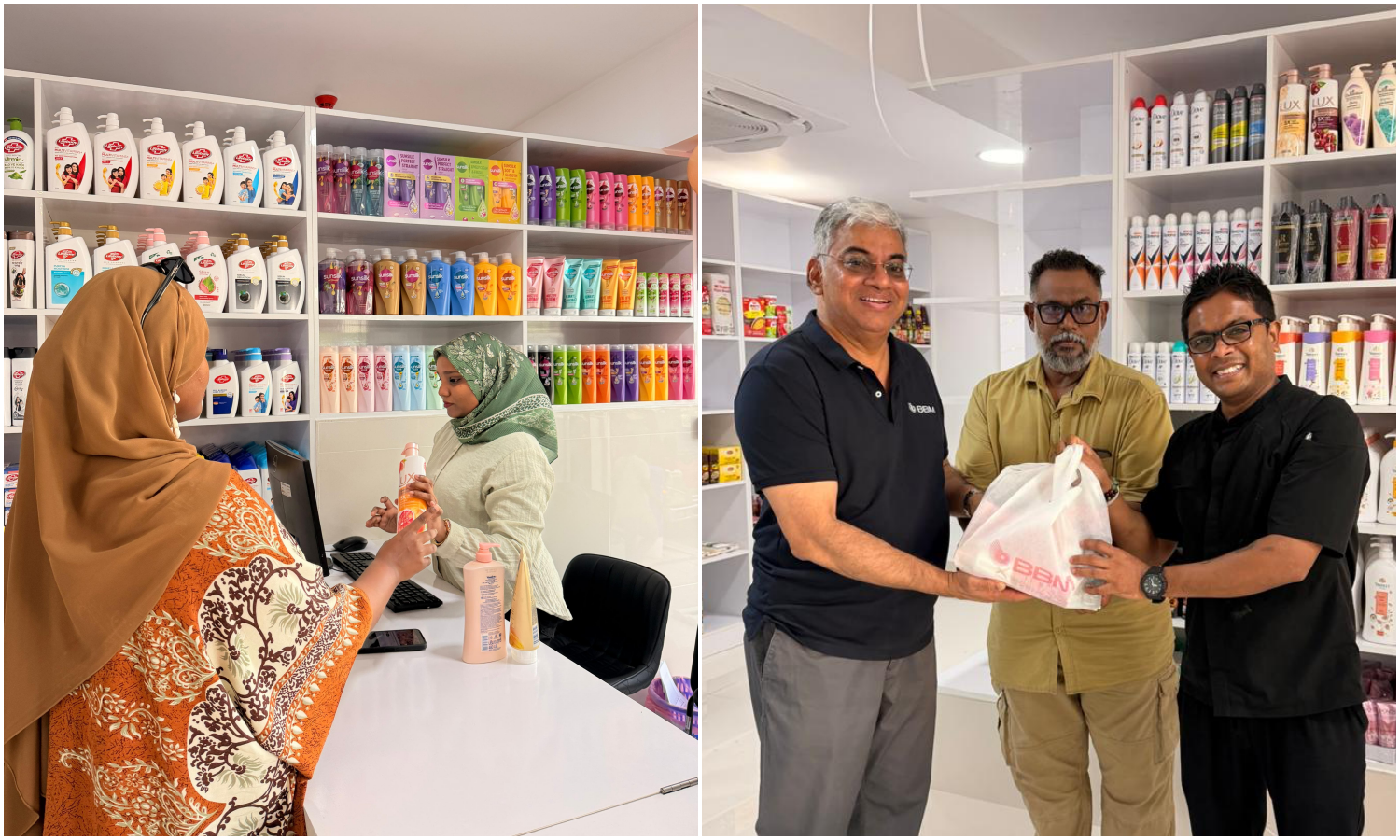
Bestbuy Maldives (BBM) opened a new wholesale store in Hulhumalé Phase 2 on Monday.
The outlet is located on the ground floor of Lot 20286, Nirolhu Magu, and is intended to improve access to BBM’s imported goods for residents of Hulhumalé Phase 2 and for businesses operating in the area.
According to the company, the opening forms part of its plan to expand services closer to customers in line with population growth in Hulhumalé.
With the opening of the new store, BBM’s full range of imported and distributed products will be available at the Hulhumalé Phase 2 location. These include consumer goods from international brands such as Lifebuoy, Vaseline and Unilever.
The store will also stock wholesale food products from brands including Daily, Cavin’s and Redman.
BBM has supplied goods to resorts, hotels and retail outlets across the Maldives for several years.
Action
Ataraxis Grand & Spa hosts integrated work-and-dive corporate retreat in Fuvahmulah
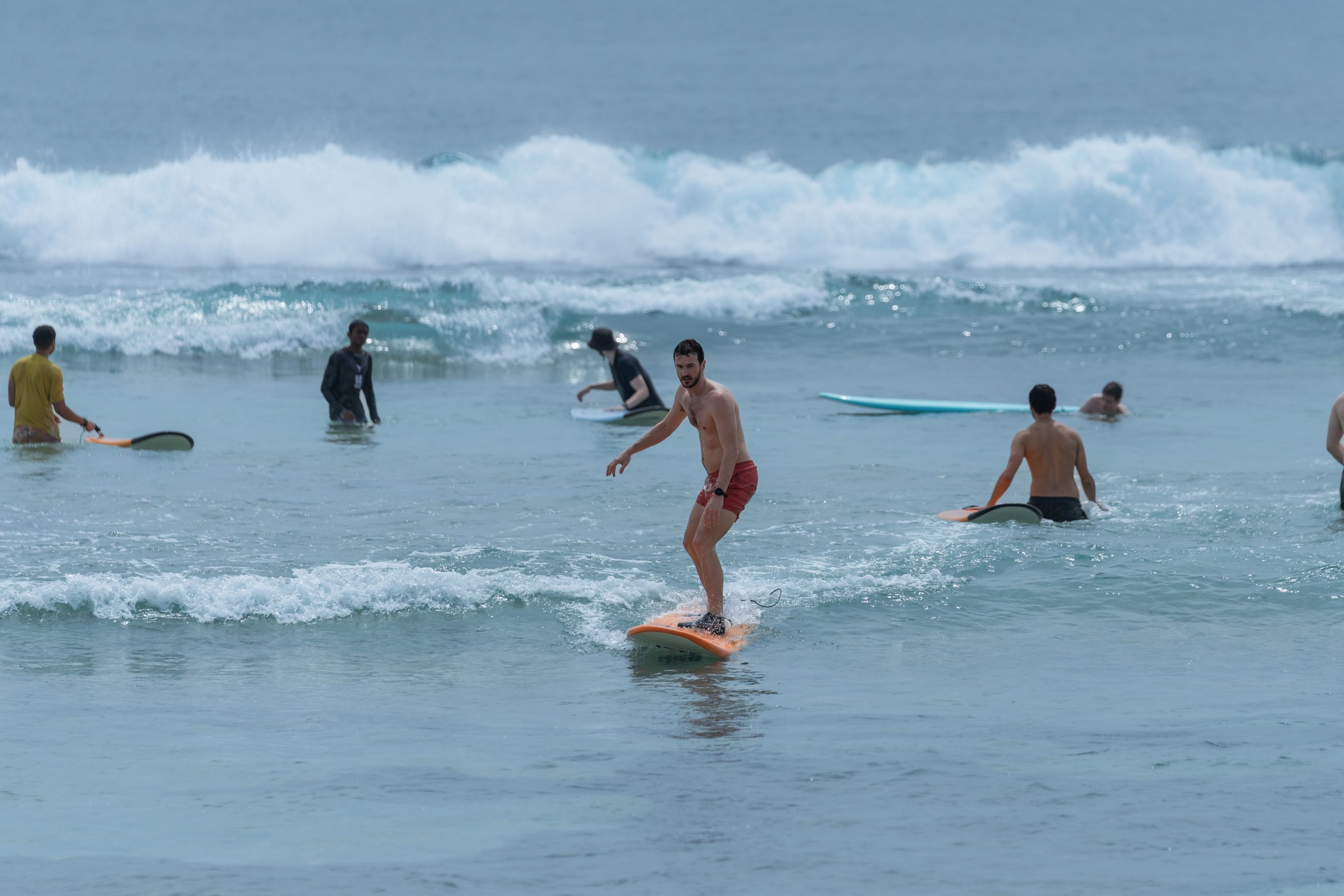
Ataraxis Grand & Spa recently hosted a week-long, closed corporate offsite in Fuvahmulah for a US-based artificial intelligence company, highlighting the island’s growing suitability for integrated work-and-experience retreats. The retreat brought a group of 36 international professionals to the property, which was reserved exclusively for the programme.
Designed as a private company offsite, the stay combined structured daily work sessions with guided diving and beginner-friendly surf experiences, creating a balanced format that blended focused collaboration with physical reset.
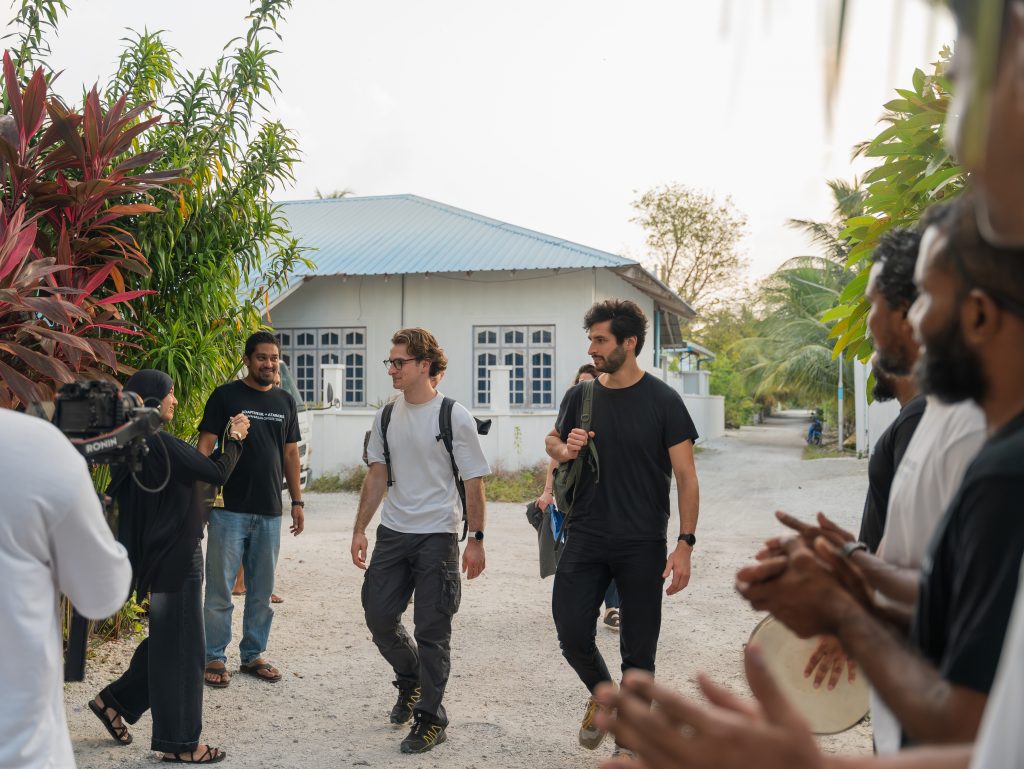
A notable component of the programme was dive training and certification. During the retreat, 17 participants completed their Open Water certification, while a further six undertook the Advanced Open Water course, with training and dives scheduled alongside work sessions as part of the integrated itinerary.
Throughout the week, participants worked on-site using dedicated shared spaces supported by reliable high-speed internet, allowing meetings, informal collaboration and scheduled activities to take place within a single, uninterrupted environment. This setup enabled teams to move seamlessly between work periods and organised ocean activities without leaving the property.
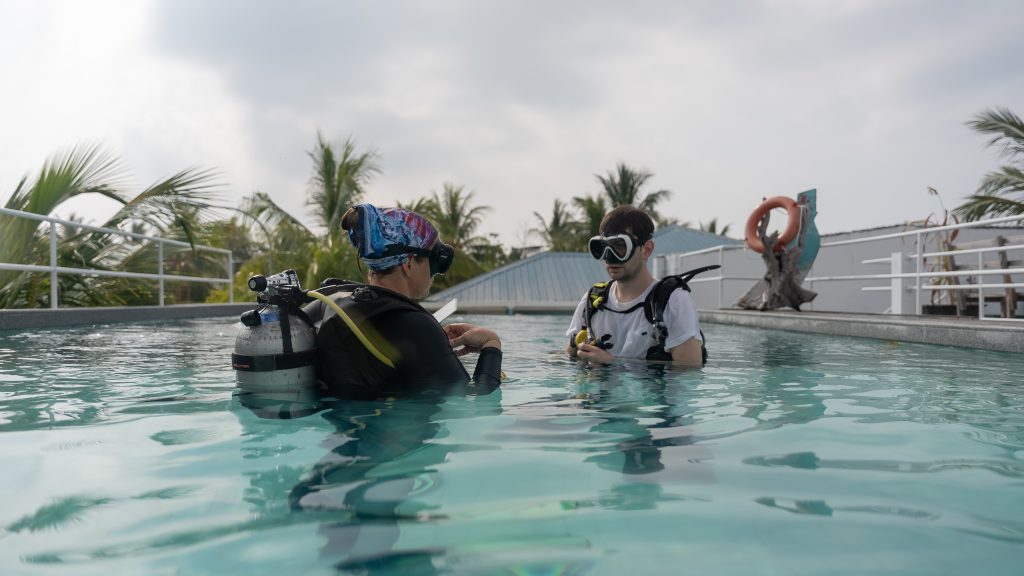
Fuvahmulah’s natural and operational advantages formed a key part of the retreat’s appeal. As one of the Maldives’ largest inhabited islands, it offers immediate access to pelagic dive sites, internationally recognised shark diving and surf breaks suitable for instruction, alongside the infrastructure required to support extended group stays.
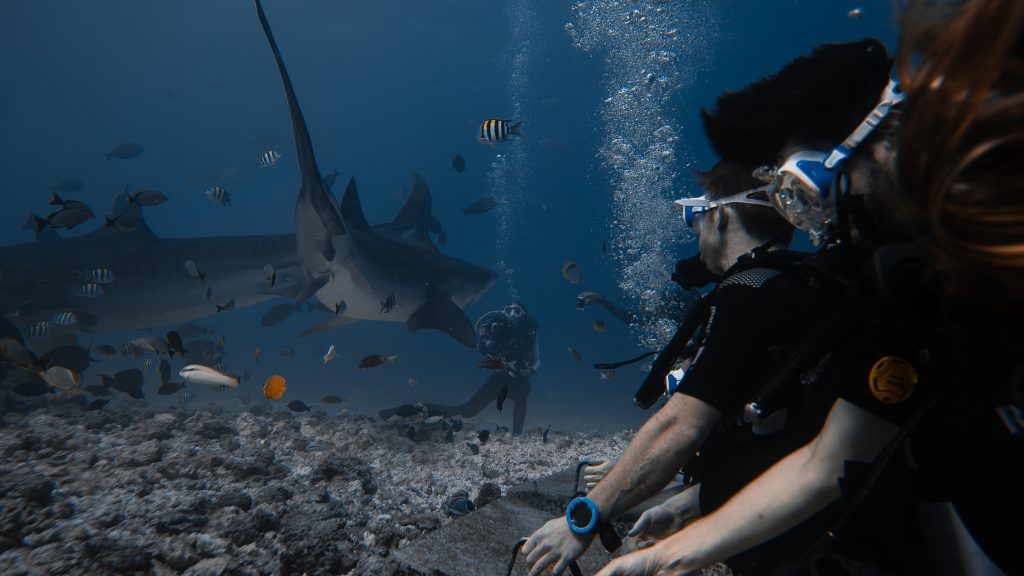
The offsite reflects a growing preference among technology and knowledge-sector teams for small-scale retreats that prioritise concentrated work environments and team cohesion over traditional conference formats. Such programmes typically involve longer stays and higher per-capita spend, aligning with sustainable, quality-driven tourism models.
The retreat also demonstrates how locally operated properties such as Ataraxis Grand & Spa are supporting this shift by delivering unified environments where accommodation, workspaces, connectivity and curated experiences operate as a single programme rather than separate services.
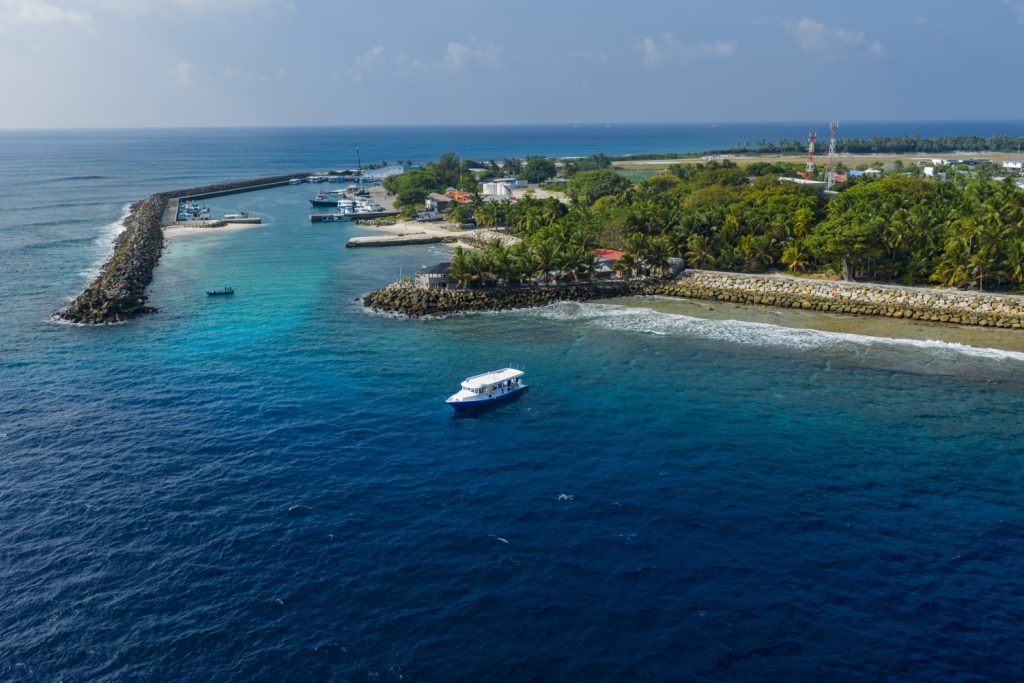
As organisations continue to explore alternative formats for strategy sessions, team resets and creative offsites, Ataraxis Grand & Spa’s experience positions Fuvahmulah as an increasingly viable destination for integrated corporate retreats.
Ataraxis Grand & Spa offers work-and-dive retreat programmes in Fuvahmulah that combine accommodation, dedicated workspaces, high-speed connectivity and organised diving and surfing.
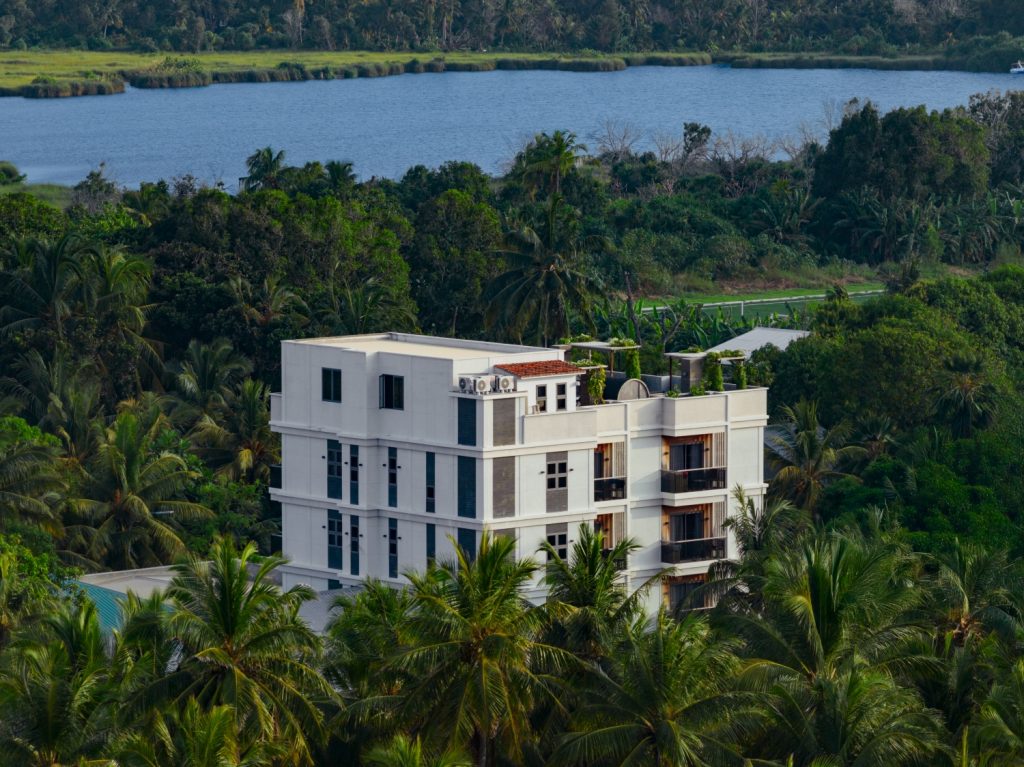
Further information on retreat formats and dive-inclusive stays is available via the Ataraxis Grand & Spa website.
-

 Featured1 week ago
Featured1 week agoCoco Bodu Hithi and Coco Palm Dhuni Kolhu curate distinct Valentine’s escapes
-
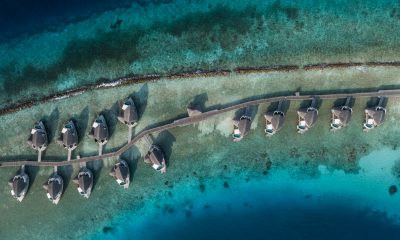
 News1 week ago
News1 week agoJW Marriott Maldives Resort & Spa invites families to celebrate Eid Al-Fitr in island luxury
-
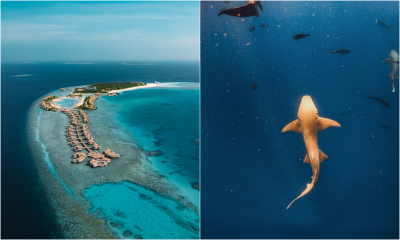
 Action1 week ago
Action1 week agoInterContinental Maldives Maamunagau Resort launches ‘Swim with Nurse Sharks’ experience
-
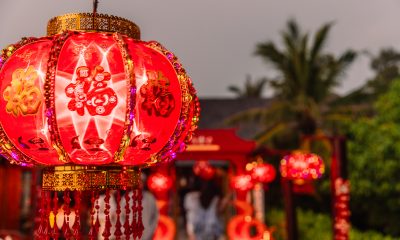
 Featured7 days ago
Featured7 days agoYear of the Horse celebrations across Sun Siyam’s Luxury, Privé and Lifestyle resorts
-

 Love1 week ago
Love1 week agoAzur rooftop at JEN Maldives sets stage for Valentine’s Day dining
-
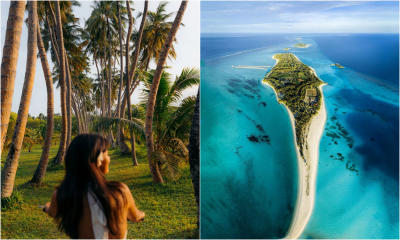
 Awards1 week ago
Awards1 week agoVilla Park secures second straight HolidayCheck Award
-

 Cooking1 week ago
Cooking1 week agoBaros Maldives’ The Lighthouse to present Duval-Leroy champagne pairing experience
-

 Featured1 week ago
Featured1 week agoCentara Hotels & Resorts marks Valentine’s Day with island-wide celebrations in Maldives









